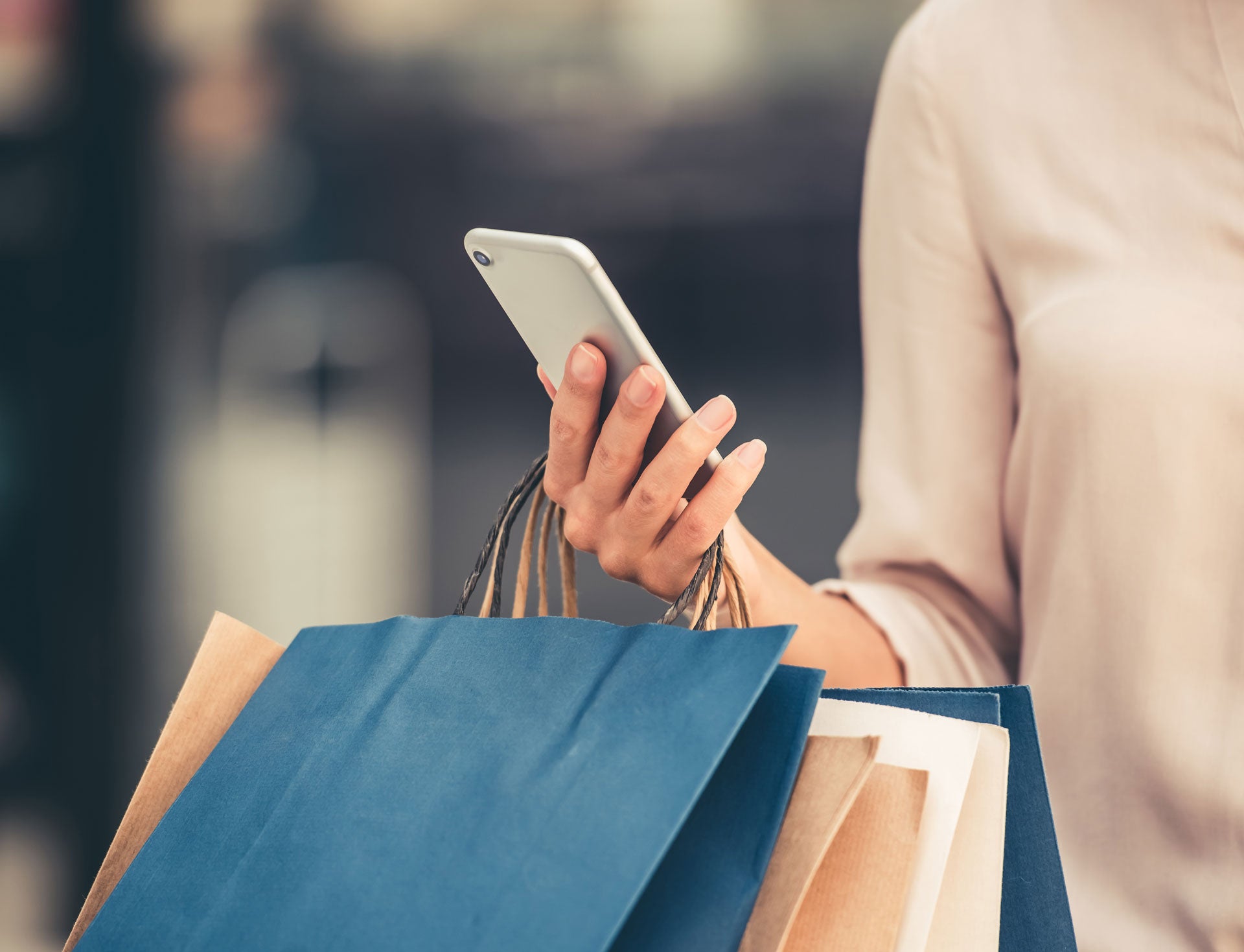
The impact of 5G in retail is often discussed in glowing terms, as experts predict the technology to drive a revolution in on-the-go shopping driven by increased speeds and lower latency. However, new research suggests that this may not be the case.
Research by GlobalData into how 5G in retail is set to impact shopping habits has found that consumer shopping preferences are likely to be a barrier to any notable change.
While futurists have predicted that 5G will lead to many more consumers making online purchases when out and about, the research has found that 65% of UK consumers prefer to browse products on their phones but then make the final purchase on a laptop or desktop at home.
“There is limited evidence to suggest that there is an appetite to shop on the go at this time,” said James Yacoub, analyst at GlobalData.
“Evidence from GlobalData’s survey suggests that consumers have reservations about shopping when outside of homes or work, for reasons including security, storage issues and poor imagery.”
Potential of 5G in retail beyond on-the-go shopping
While 5G may not have as much of an impact on on-the-go shopping as has been suggested, it does have significant potential to impact the retail industry in other ways.
How well do you really know your competitors?
Access the most comprehensive Company Profiles on the market, powered by GlobalData. Save hours of research. Gain competitive edge.

Thank you!
Your download email will arrive shortly
Not ready to buy yet? Download a free sample
We are confident about the unique quality of our Company Profiles. However, we want you to make the most beneficial decision for your business, so we offer a free sample that you can download by submitting the below form
By GlobalDataLow latency compared to current networks will, alongside higher bandwidth, enable far greater augmentation of the in-store experience, introducing a host of technologies to enhance customer engagement.
This includes the use of virtual reality and augmented reality, which can be used to enable shoppers to preview experiences or try out products in a set location – such as with Ikea’s augmented reality app that enables customers to visualise furniture in their own home.
The technology also enables wider use of smart shelving technology, which can provide retailers with real-time stock updates and provide rapid updates to pricing linked to enhanced data insights.
“For data collection to be effective, fast and reliable, technology is essential, particularly when the data is being used for time-sensitive offerings such as smart-shelves, proximity marketing or instant personalisation experiences,” said Yacoub.
There is also the potential for 5G to be used to gamify the retail experience, turning shopping into an experience activity with targeted discounts and offers.
“With 5G, retailers will be able to unlock the full potential of these new technologies, transforming them from mere gimmicks to useful tools, enhancing the overall customer journey,” said Yacoub.
Read more: A new age of retail: The rise of conversational commerce







